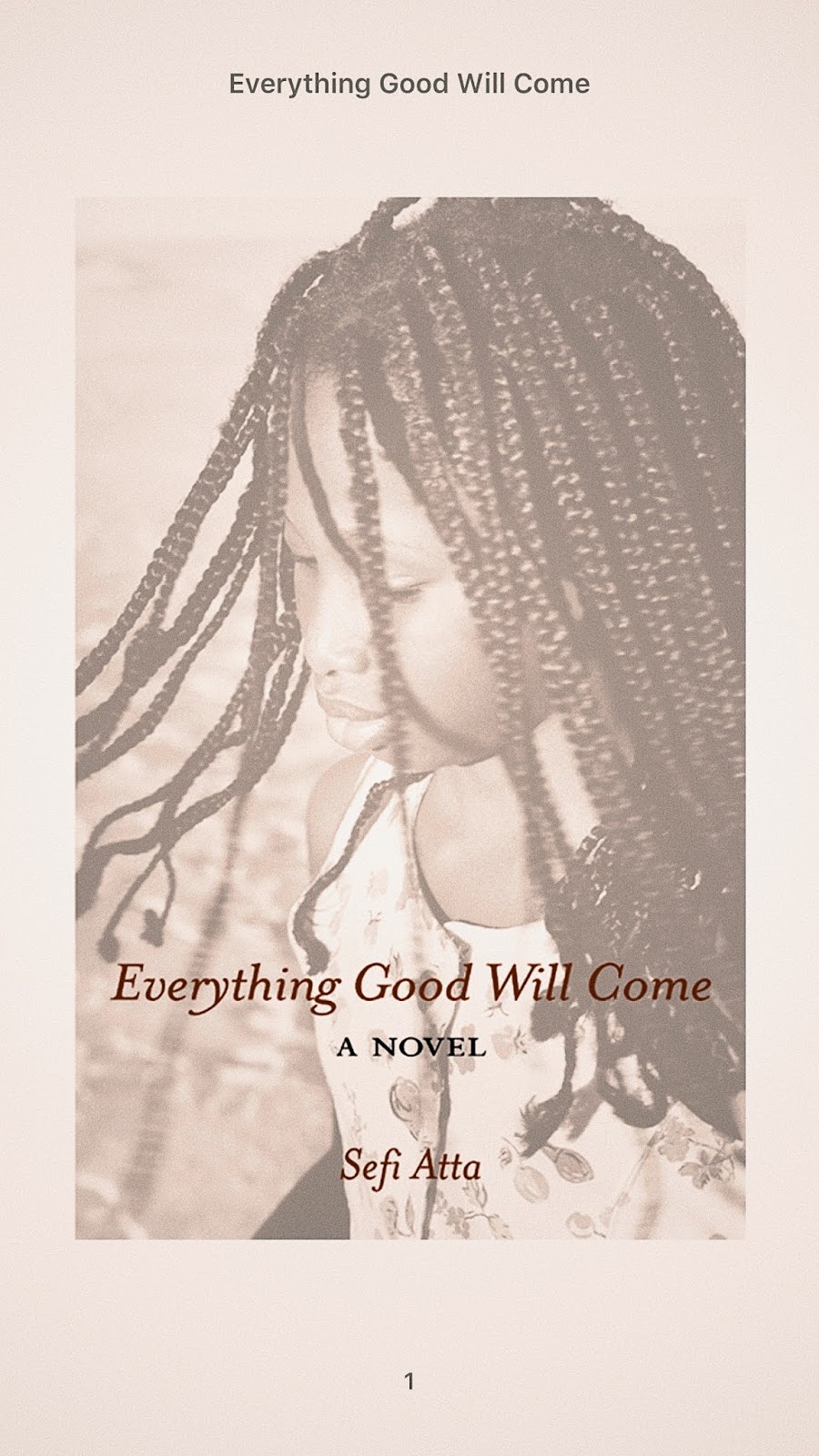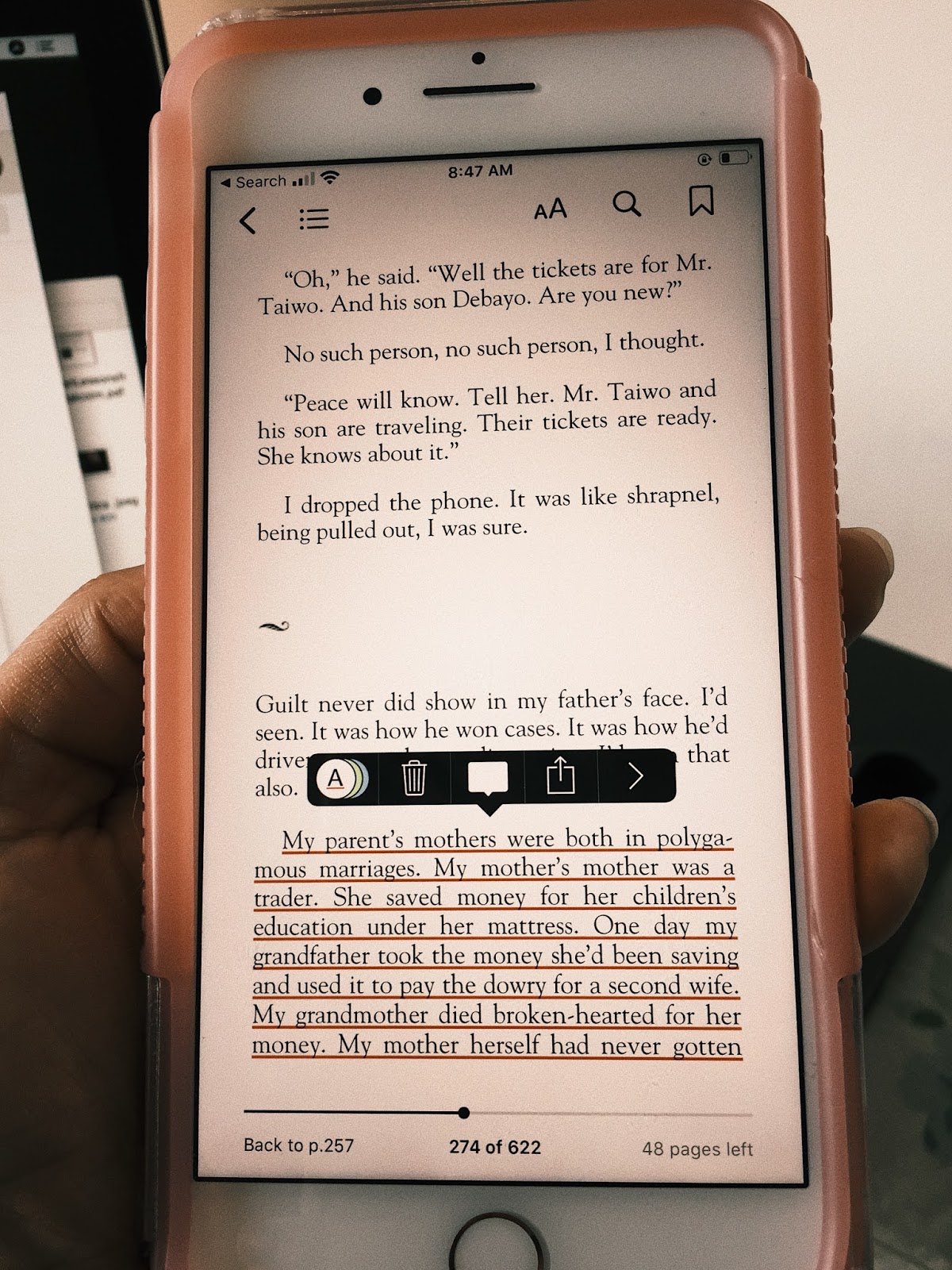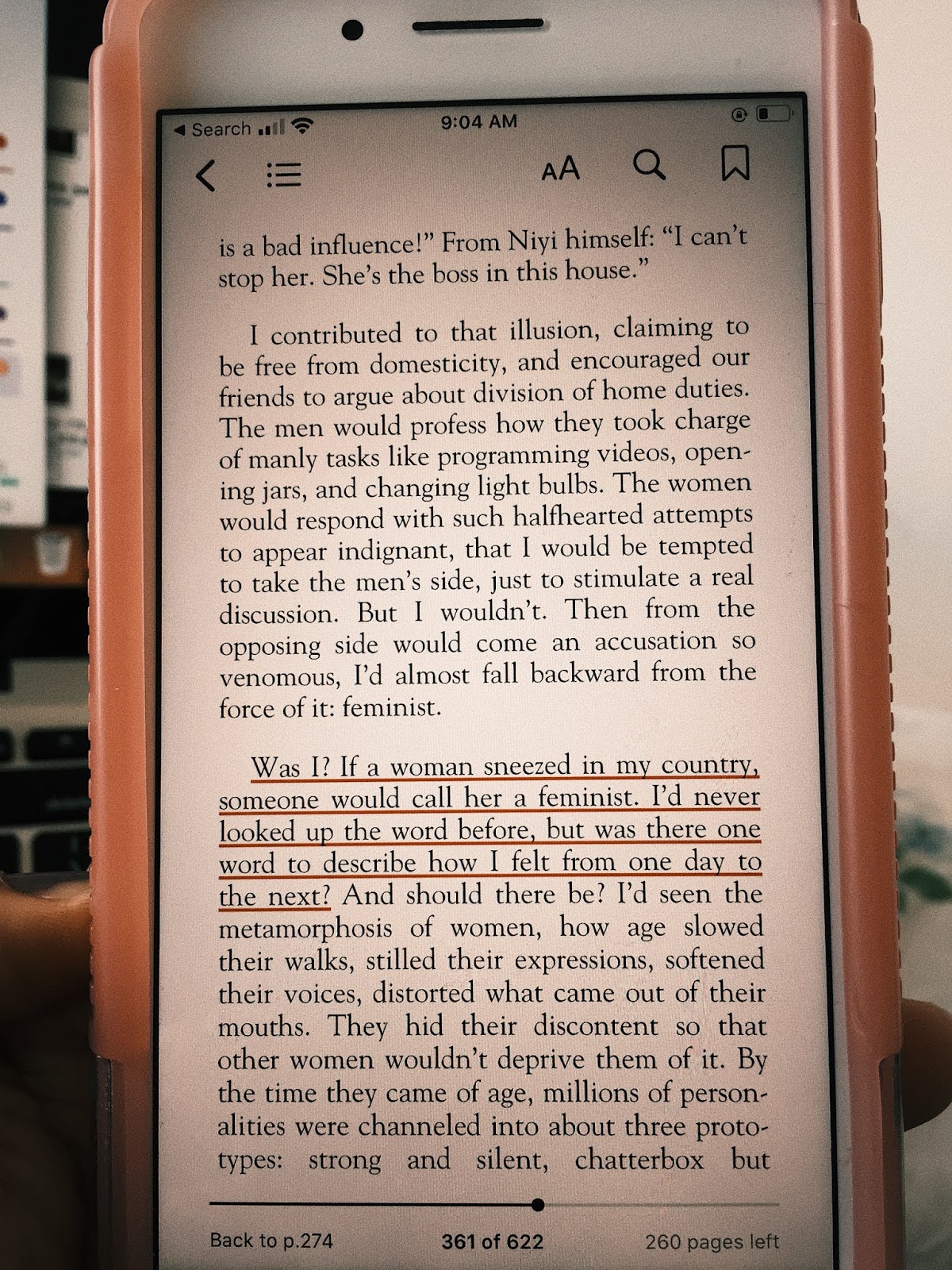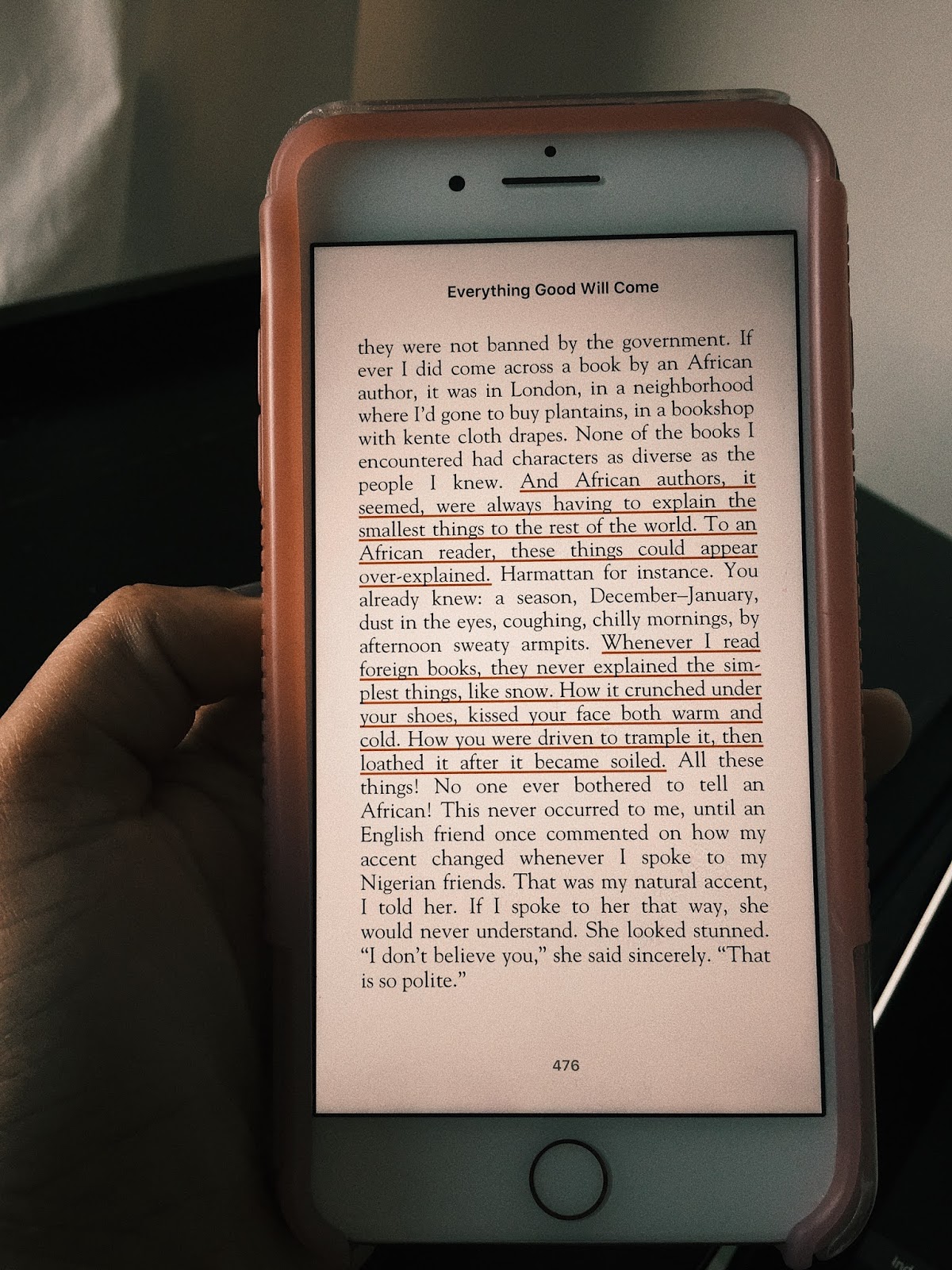
Personal Thoughts- sometimes in my head, I feel like a stowaway in this land.
This year I deliberately decided to read more books by Nigerian authors. The goal is to achieve my 20 books in 2020 goal, and also, to pry into the boundaries they’re pushing with their text in contemporary times. Previous Pan-African writers like Chinua Achebe, Wole Soyinka, Cyprian Ekwensi, aset the bar for African stories, with fluidity, grit, and class. The approach of these authors to prose, drama, and poetry brought a lot of succor to readers.
In recent times, Nigerian author, Chimamanda Adichie has also carved a path for contemporary Nigerian writers, staking claims to a lot of the challenges of feminist rhetoric. Her work mirrors the pristine efforts of the afore-mentioned Pan-African writers, whose text, I have jealously guarded. Still, there exist new waves of Nigerian writers who are addressing different aspects of our collective struggle; from crime, politics, gender, and sexuality. Today I’ll be reviewing a member of the new school ‘Everything Good will Come’ by Sefi Atta.
“To keep Nigeria one is a task that must be done.”
—-
The opening chapter is set in 1971, a year after the end of the Nigerian civil war. However, the narrator speaks in a tone that indicates the civil war is ongoing;
“over the next months, I would listen to radio bulletins on how our troops were faring against the Biafrans. I would hear the slogan: To keep Nigeria one is a task that must be done.” My father would ask me to hide under my bed whenever we had bomb raid alerts.” (pg. 11)
I raise my brow because Enitan lives in Lagos (pg. 7) – ‘Enitan’ is the main character, around which the prose is centered on. “…we lived by Lagos Lagoon. Our yard stretched over an acre and was surrounded by a high wooden fence.” So my question was, did bombs fly in Lagos during the civil war, or am I uninformed about this event?

From then on, the book goes on to introduce the most impressionable character ‘Sheri’ (pg. 18), who becomes the best friend of Enitan much to her parents’ disapproval, because of her lighthearted attitude. Sometimes referred to half-cast or ‘Oyinbo’ (someone who has mixed parents), Sheri, is raised in a polygamous family. Enitan, on the other hand, is brought up by a well to do middle-income family, with so many cracks in their relationship. We see the family rift crescendo at the end with the death of Enitan’s mother.
I struggled to find a theme with this book, the direction was everywhere ethnic, political, economic, and social, which made the reading experience less smooth. Also, balancing the timeline of political events in the story which I was familiar with, with new page chapters, created another barrier to reading the book as a mere work of fiction. However, there was a strong theme around breaking the patriarchial hold (pg. 361), and the impact of military rule on free speech (pg. 353)

Mid-read of the book the narrative start to take shape, we see Enitan get a clear view of the toxic relationship between her father and mother, after her return from London. It is then we find out why her mother had become an overzealous God-fearing mother, to the point of emotional abuse. We also find out the years of psychological abuse her mother faced while married to her father; marrying young into a family that frustrated her for not bearing a male child, then losing her son afterwards to illness, without the emotional support from her husband, to end up being labelled crazy. (pg. 275)
We see Enitan’s relationships, almost go through the same patriarchial rhetoric- The men in her life acting recklessly because its a man’s world (pg. 287).
There were few phrases in the book that encapsulated, the current struggle of Nigerians;

“…We slept without electricity that night.” (pg. 417) The average Nigerian has been at the mercy of electricity since independence. Every government official who campaigns hinges as part of their political ambition ‘providing electricity’, which they fail to do at the end of their tenure; 60 years post-independence and it’s the same struggle.
After Enitan gave birth to her child, after several miscarriages, she that her daughter’s journey through life won’t be an easy one- as a Nigerian child. “Hers wouldn’t be easy, born in a motherland that treated her children like bastards, but it was hers.” She draws comparison with America, “where people are so free they buy stars from the sky and name them after their children.”
There were other instances, but at this point, it will be a tiresome read for a blog post. I’ll rate the book a 3.5/5 as one thing that burdened me was later said in the book, when the Enitan says “…and African authors, it seemed were always having to explain the smallest things to the rest of the world. To an African reader, these things could appear over-explained.” (pg. 476) Hence the reason I began this review, with a reminder that prose writing is a difficult skill and hacking the path to storytelling as an African/Nigerian writer without ‘over-explaining’ things is considered genius move.

For those subscribed to my Newsletter watch out for ten quotes/ lessons from ‘Everything Good Will Come.” Also, what is it I said about being a stowaway in this land?